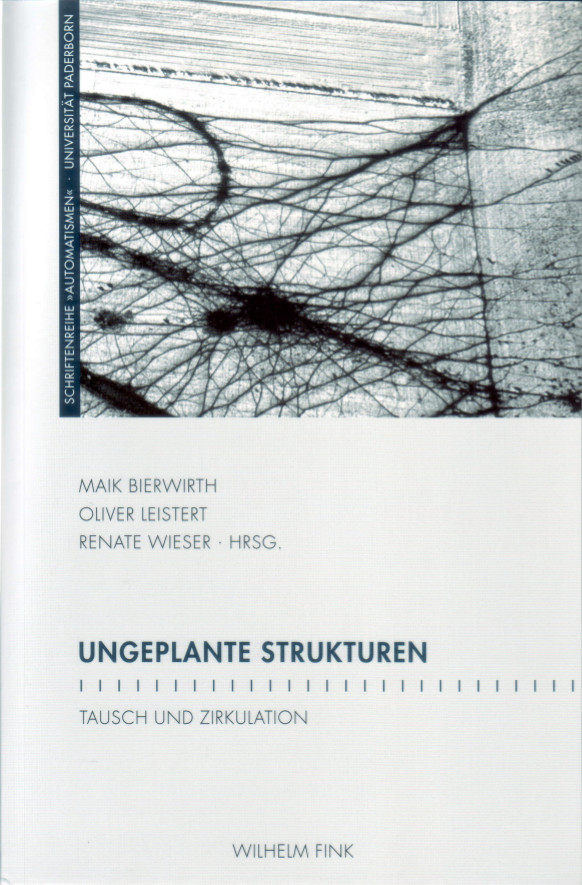Thomas P. Hughes: Networks of Power: Electrification in Western Society, 1880-1930 (1983)
Filed under book | Tags: · electricity, germany, history of technology, light, networks, politics, power, technology, united kingdom, united states

“A unique comparative history of the evolution of modern electric power systems. Networks of Power not only provides an accurate representation of large-scale technological change but also demonstrates that technology itself cannot be understood or directed unless placed in a cultural context. For Thomas Hughes, both the invention of the simplest devices (like the lightbulb itself) and the execution of the grandest schemes (such as harnessing the water power of the Bavarian Alps) fit into an overarching model of technological development. His narrative is an absorbing account of the creative genius, scientific achievements, engineering capabilities, managerial skills, and entrepreneurial risks behind one of the most commonplace amenities of the modern age.” (from the back cover)
The book was awarded the Dexter Prize by the Society for the History of Technology.
Publisher The Johns Hopkins University Press, 1993
ISBN 0801846145, 9780801846144
474 pages
Review (John Neufeld, EH.net)
Review (Barry Barnes, Social Studies of Science)
Review (ZH, Innovation Group CNS UCSB)
Review (Stephen H. Cutcliffe, Technology and Culture)
Review (Mercedes Arroyo, Biblio 3W, in Spanish)
PDF (updated on 2013-9-16 to OCR’d version)
Comment (0)Ulises Ali Mejias: Off the Network: Disrupting the Digital World (2013)
Filed under book | Tags: · activism, internet, liberation technologies, networks, social media, technology

The digital world profoundly shapes how we work and consume and also how we play, socialize, create identities, and engage in politics and civic life. Indeed, we are so enmeshed in digital networks—from social media to cell phones—that it is hard to conceive of them from the outside or to imagine an alternative, let alone defy their seemingly inescapable power and logic. Yes, it is (sort of) possible to quit Facebook. But is it possible to disconnect from the digital network—and why might we want to?
Off the Network is a fresh and authoritative examination of how the hidden logic of the Internet, social media, and the digital network is changing users’ understanding of the world—and why that should worry us. Ulises Ali Mejias also suggests how we might begin to rethink the logic of the network and question its ascendancy. Touted as consensual, inclusive, and pleasurable, the digital network is also, Mejias says, monopolizing and threatening in its capacity to determine, commodify, and commercialize so many aspects of our lives. He shows how the network broadens participation yet also exacerbates disparity—and how it excludes more of society than it includes.
Uniquely, Mejias makes the case that it is not only necessary to challenge the privatized and commercialized modes of social and civic life offered by corporate-controlled spaces such as Facebook and Twitter, but that such confrontations can be mounted from both within and outside the network. The result is an uncompromising, sophisticated, and accessible critique of the digital world that increasingly dominates our lives.
Publisher University of Minnesota Press, 2013
Electronic Mediations series, Volume 41
Creative Commons Attribution NonCommercial NoDerivs License
ISBN 0816679002, 9780816679003
193 pages
Maik Bierwirth, Oliver Leistert, Renate Wieser (eds.): Ungeplante Strukturen: Tausch und Zirkulation (2010) [German]
Filed under book | Tags: · media theory, networks, technology

“Durch Tausch, Zirkulation und Verhandlung entstehen Strukturen, die weder geplant noch vorhergesagt werden können. Hierbei spielt eine Vielzahl von Akteuren, Ereignissen und Orten zusammen, und dennoch mündet solches heterogene, verteilte Handeln in neue Institutionen, Werthierarchien, technische Entwicklungen oder Machtkonstellationen.
Der medien- und kulturwissenschaftliche Sammelband zeichnet Spuren dieser schwer erkennbaren Abläufe nach: Die kollektive Entwicklung der Wikipedia, der wechselseitige Austausch zwischen Mäzenin und Autor, oder die diskursive Produktion nationaler Stereotype sind drei der Themen, die in Hinblick auf diese Problemstellung untersucht werden. Die Beiträge zeigen unterschiedliche Zugänge zur Rekonstruktion ungeplanter Prozesse.”
Publisher Wilhelm Fink, Munich, 2010
Automatismen series
ISBN 9783770549887
256 pages

